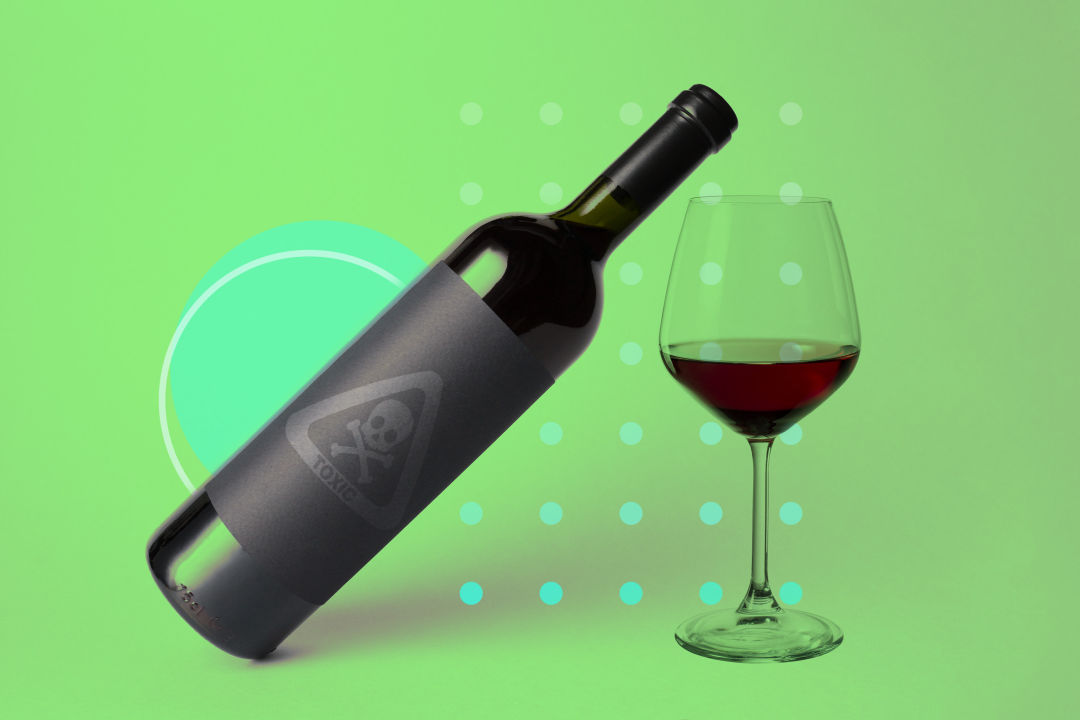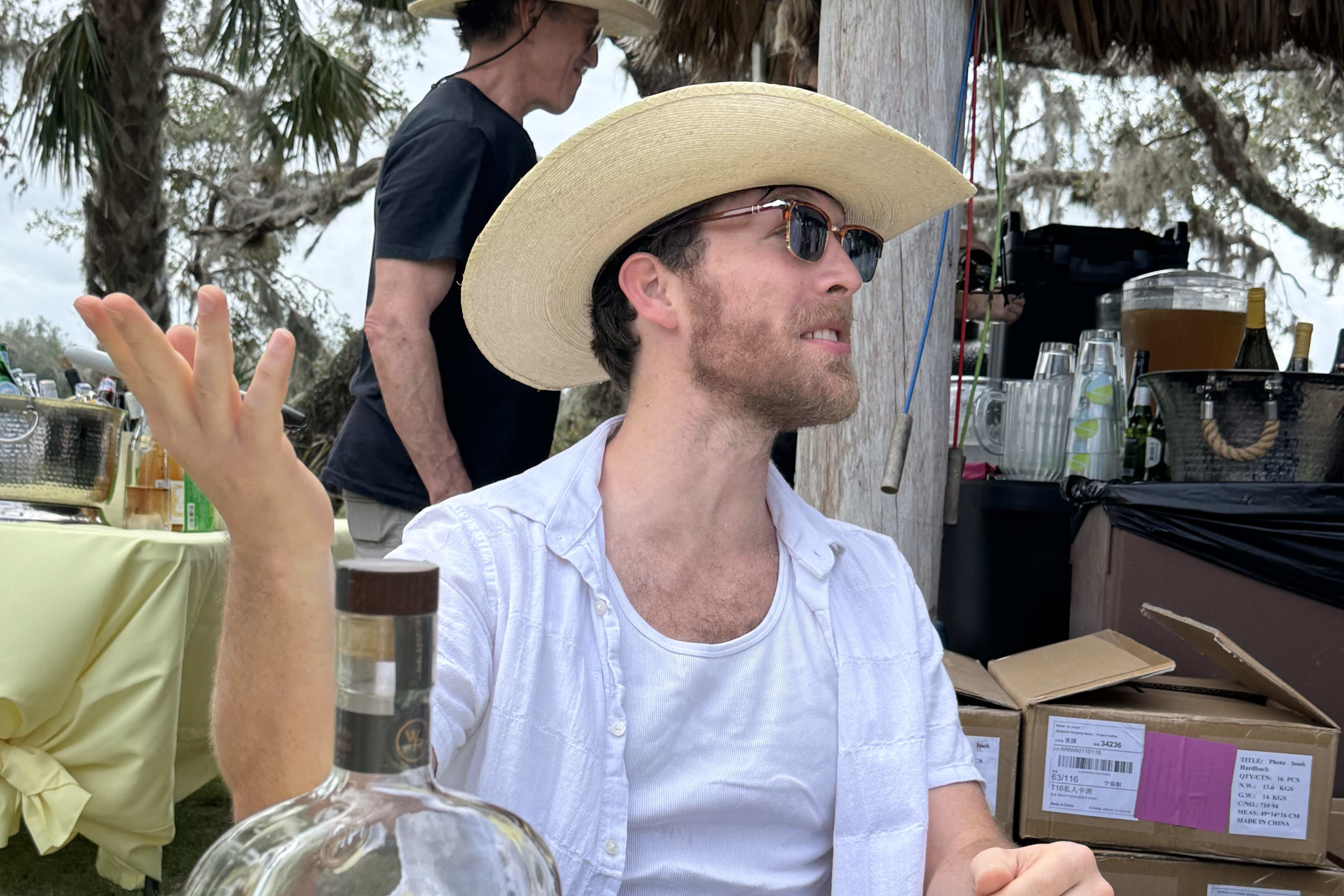A New Documentary Examines the Use of Chemicals in Winemaking

Image: Kari Perrin/Shutterstock
Concerns about weed killers as carcinogens have been around for a long time, with the weed killer Roundup, in particular, often been blamed for allegedly causing cancer. Now filmmaker Brian Lilla is bringing vineyards into the discussion with his new documentary Children of the Vine.
The title of the film is an allusion to the 1984 horror movie Children of the Corn. As Peg Melnik, a wine writer for northern California's Press Democrat, writes, if the movie "sounds like a horror flick, that’s because it is," according to Lilla. The film, while complete, is not available nationwide yet. Lilla is organizing screenings and events to promote the film, with the hopes of raising money for a wider release.
In her article, Melnik writes that Lilla claims "picturesque Napa and Sonoma counties are highly toxic" due to the widespread use of Roundup, an herbicide created by the company Monsanto, which was purchased by the German company Bayer in 2018. (The company maintains that the product is not carcinogenic.)
According to Melnik, "in 2018, Sonoma County grape growers treated 55 percent of their vineyard acreage with nearly 40,000 pounds of glyphosphate, the main ingredient in Roundup," and Napa County was nearly as bad, with spraying on 43 percent of its vines. Melnik writes that the Centers for Disease Control and Prevention conducted a study released last June that involved 2,310 participants that found glyphosphate in the urine of 80 percent of participants.
The World Health Organization has classified glyphosphate as "probably carcinogenic" and cancers such as non-Hodgkin lymphoma have been linked to exposure to the substance. The amount that could find its way into grapes and eventually wine is unknown, but Lilla hopes to inspire winemakers to consider alternatives to glyphosphate.
It might seem logical to simply avoid wines that are not labeled organic. Unfortunately, it’s not that easy. Grapes grown organically may not end up as organic wine, or perhaps the designation is cumbersome to obtain, discouraging the winery from seeking the designation.
Also, there is a problem called wind drift. If herbicides are spread on a windy day, especially by air, the wind can push them onto neighboring vineyards that may be classified as organic. In May 2014, a pesticide drift occurred in Lodi, California, and affected vineyards up to 35 miles away. Glyphosphate products are spread in the winter, when the vines are dormant, because they cannot be used on grapes themselves. Fruit hit with herbicides cannot be used to make wine.
If you're concerned, do your due diligence when purchasing wine. Contact the winery directly and ask if glysophate was used in producing its products. Popular opinion can change winemaking practices.
Bob McGinn has spent his entire career in the wine industry—forming wine clubs, working in wine sales marketing and engaging in all facets of the winemaking process, including vine management, fermentation and yeast analysis. He has developed wine programs for companies such as Marriott, Sheraton and Smith & Wollensky, and consults with local restaurants. You can read more of McGinn’s work at gulfcoastwinejournal.com.



